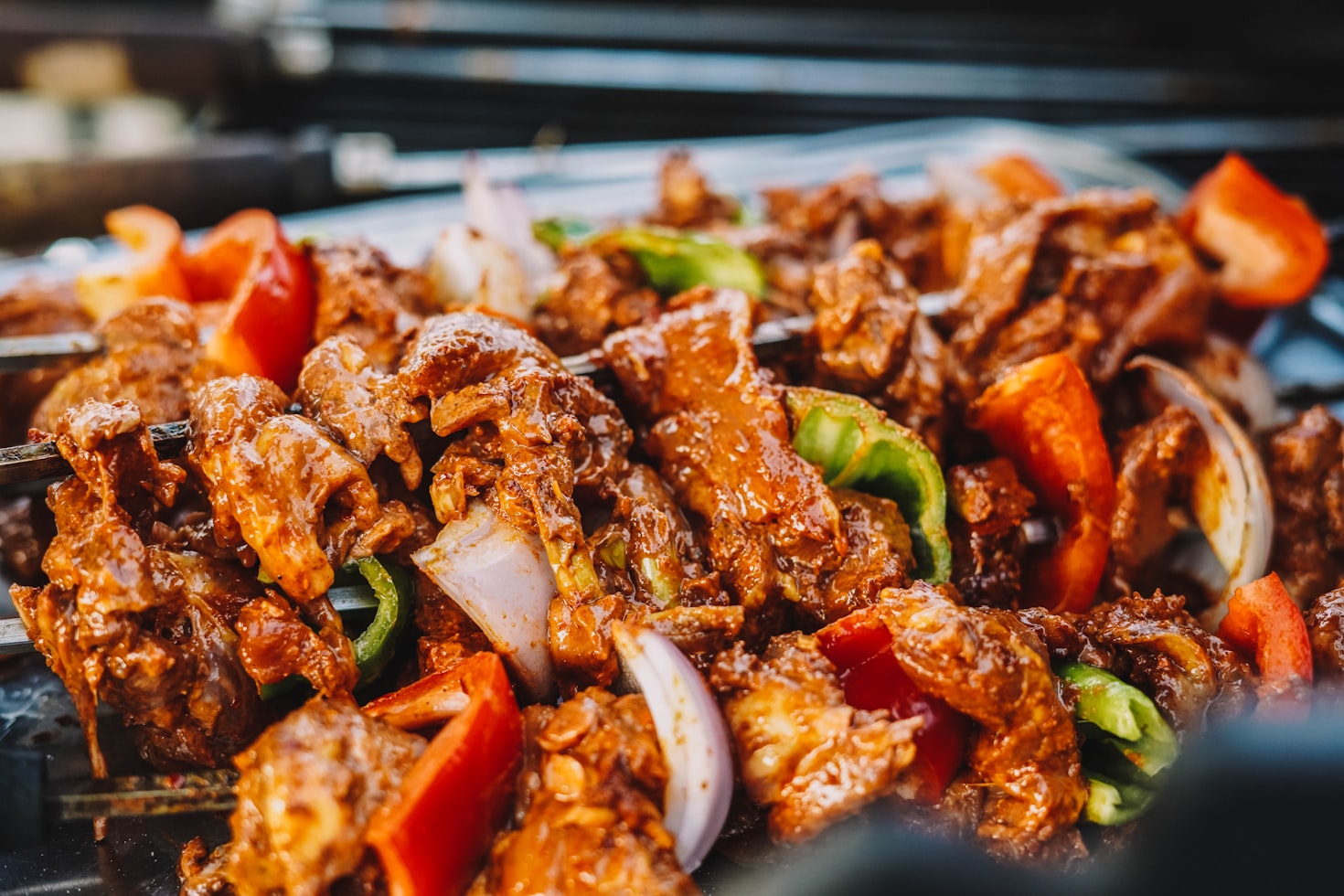Best Magnesium For Keto
Following a ketogenic diet can have numerous health benefits, such as weight loss, improved mental clarity, and increased energy levels. However, it is important to ensure that you are getting all the necessary nutrients while on this low-carb, high-fat diet. One essential mineral that often gets overlooked is magnesium. In this article, we will explore the importance of magnesium on a keto diet and discuss the best sources of magnesium to support your ketogenic lifestyle.
The Importance of Magnesium on a Keto Diet
Magnesium is a vital mineral that plays a crucial role in various bodily functions. It is involved in over 300 enzymatic reactions, including energy production, muscle and nerve function, blood sugar regulation, and protein synthesis. Additionally, magnesium is essential for maintaining healthy bones, heart health, and a strong immune system.
When following a ketogenic diet, your body goes through a metabolic shift, relying on fat for fuel instead of carbohydrates. This shift can lead to increased excretion of water and electrolytes, including magnesium. Therefore, it is important to ensure an adequate intake of magnesium to prevent deficiencies and support overall health.
The Best Sources of Magnesium for Keto
While magnesium can be obtained from various food sources, some options are more suitable for a ketogenic diet. Here are some of the best sources of magnesium for those following a keto lifestyle:
- Leafy Green Vegetables: Vegetables such as spinach, kale, and Swiss chard are not only low in carbs but also rich in magnesium. Including these greens in your meals can help boost your magnesium intake.
- Avocado: Avocados are not only a great source of healthy fats but also contain a good amount of magnesium. Enjoying avocados as a snack or adding them to your salads can provide a magnesium boost.
- Nuts and Seeds: Almonds, cashews, and pumpkin seeds are excellent sources of magnesium. They make for a convenient and keto-friendly snack option.
- Fatty Fish: Fish such as salmon and mackerel not only provide omega-3 fatty acids but also contain magnesium. Including fatty fish in your diet can help meet your magnesium needs.
- Dark Chocolate: Good news for chocolate lovers! Dark chocolate with a high cocoa content is not only delicious but also contains magnesium. Opt for dark chocolate with at least 70% cocoa for maximum benefits.
Supplementing with Magnesium
While it is possible to obtain sufficient magnesium through diet alone, some individuals may require additional supplementation, especially if they have a magnesium deficiency or experience symptoms such as muscle cramps, fatigue, or irregular heartbeat.
When choosing a magnesium supplement, it is important to consider the bioavailability and absorption rate. Some forms of magnesium are better absorbed by the body than others. Here are some popular magnesium supplements:
- Magnesium Citrate: This form of magnesium is highly bioavailable and easily absorbed by the body. It is commonly used to support digestion and relieve constipation.
- Magnesium Glycinate: Magnesium glycinate is a highly absorbable form of magnesium that is less likely to cause digestive issues. It is often recommended for individuals with a sensitive stomach.
- Magnesium Malate: This form of magnesium is bound to malic acid, which may help support energy production. It is often used by individuals experiencing fatigue or muscle pain.
It is important to consult with a healthcare professional before starting any new supplements, as they can provide personalized recommendations based on your specific needs and health conditions.
Frequently Asked Questions (FAQ)
1. Can a magnesium deficiency affect ketosis?
Yes, a magnesium deficiency can potentially affect ketosis. Magnesium is involved in the metabolism of carbohydrates and fats, and a deficiency can disrupt this process. Ensuring an adequate intake of magnesium can help support ketosis and overall metabolic health.
2. How much magnesium do I need on a keto diet?
The recommended daily intake of magnesium for adults is around 400-420 mg for men and 310-320 mg for women. However, individual needs may vary depending on factors such as age, sex, activity level, and overall health. It is best to consult with a healthcare professional to determine your specific magnesium requirements.
3. Can magnesium supplements cause digestive issues?
Some forms of magnesium, such as magnesium oxide, can cause digestive issues such as diarrhea or stomach upset. However, other forms like magnesium citrate or magnesium glycinate are less likely to cause these side effects. It is important to choose a magnesium supplement that suits your individual needs and consult with a healthcare professional if you experience any adverse effects.
4. Can I get enough magnesium from food alone?
While it is possible to obtain sufficient magnesium through diet alone, some individuals may find it challenging to meet their magnesium needs solely through food. Factors such as dietary restrictions, low intake of magnesium-rich foods, or increased magnesium requirements may warrant the use of supplements to ensure adequate magnesium levels.
5. Can magnesium help with keto flu symptoms?
Keto flu refers to a collection of symptoms that some individuals experience when transitioning to a ketogenic diet. These symptoms may include fatigue, muscle cramps, and headaches. Magnesium supplementation can help alleviate these symptoms, as magnesium plays a role in muscle and nerve function.
6. Are there any risks associated with magnesium supplementation?
Magnesium supplementation is generally safe for most individuals when taken within the recommended dosage. However, excessive intake of magnesium supplements can lead to diarrhea, nausea, and abdominal cramping. It is important to follow the recommended dosage and consult with a healthcare professional if you have any underlying health conditions or are taking medications that may interact with magnesium supplements.
Summary
Magnesium is an essential mineral that plays a crucial role in various bodily functions. When following a ketogenic diet, it is important to ensure an adequate intake of magnesium to prevent deficiencies and support overall health. Incorporating magnesium-rich foods such as leafy green vegetables, avocados, nuts, seeds, and fatty fish can help meet your magnesium needs. Additionally, some individuals may benefit from magnesium supplementation, but it is important to choose the right form and consult with a healthcare professional. By prioritizing magnesium intake, you can optimize your ketogenic lifestyle and reap the full benefits of this popular diet.





